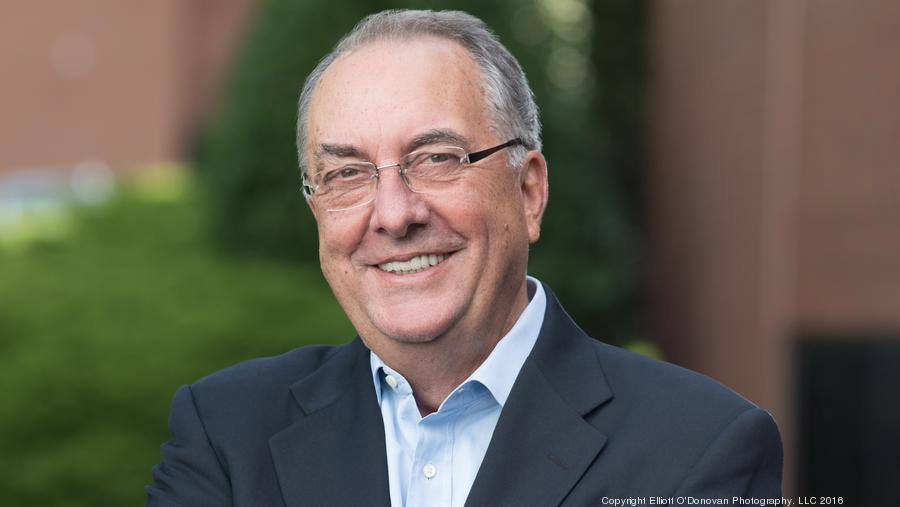It’s official: Novavax Inc. will have to complete another clinical trial for its respiratory syncytial virus vaccine candidate for infants, ResVax, lengthening its road to market by roughly three years following its failed phase 3 trial in March.
The Gaithersburg biotech has received a letter from the Food and Drug Administration indicating another trial is required before it can earn clearance, said Novavax CEO Stanley Erck in an interview. That will require the company to raise more money — it counted $108.7 million in cash and equivalents at the end of the first quarter, up slightly from $103.9 million at the end of last year. “And that could be done through a pharma partner," Erck said, though nothing has been decided yet.
“We are still heavily focused on RSV,” Erck said, adding: “Yes, it’s going to take a couple years longer and more money than we hoped."
The news marks a pivotal moment for Novavax (NASDAQ: NVAX) as it works its way down the regulatory pathways in the U.S. and abroad after ResVax failed to prevent RSV in newborns through maternal immunizations at a high-enough rate in its late-stage trial. One nuance the company hopes is a bigger takeaway, though: The trial data showed the treatment had a stronger effect on the most severe RSV cases among the infant patients.
Those health results may resonate with scientific leaders and the medical community, “investors are a different group,” Erck said. “The moment I say on a call, ‘We missed our primary endpoint, but…’ nobody cares.”
That remains Erck’s challenge: convincing investors the company will prevail despite not one, but two failed RSV vaccine phase 3 trials — the first three years prior for a separate drug candidate aimed at elderly patients.
“The way I do that is to find a pathway to licensure, even if it were first in licensure in low-to-middle-income countries,” he said. “There are still billions of people in that market.”
That has Novavax working to identify other countries — India, Indonesia or South Korea, among the possibilities — to get World Health Organization approval to distribute the vaccine globally. The company is working with the Bill & Melinda Gates Foundation, which focuses on infant mortality in low and middle-income countries and largely funded the phase 3 ResVax trial with an $89 million grant.
The company is also working to get conditional approval in Europe, but it must commit to doing a follow-up study to do so. It's seeking scientific advice on a country-by-country basis — in Germany, Sweden, Spain and the United Kingdom — and plans to present its data for approval by the European Medicines Agency, the European Union's equivalent of the FDA, in the second half of this year, perhaps around September, Erck said.
During the first quarter of the year, Novavax had a net loss of $43.2 million, compared with a $46.4 million loss for the same period last year.
Its stock closed up 3.4% at $6.12 per share Friday, about a month after the company initiated a reverse stock split to fend off a delisting threat from the Nasdaq for a consistently low stock price. The company is also working to get another flagship product, flu vaccine candidate NanoFlu to phase 3 trials.



